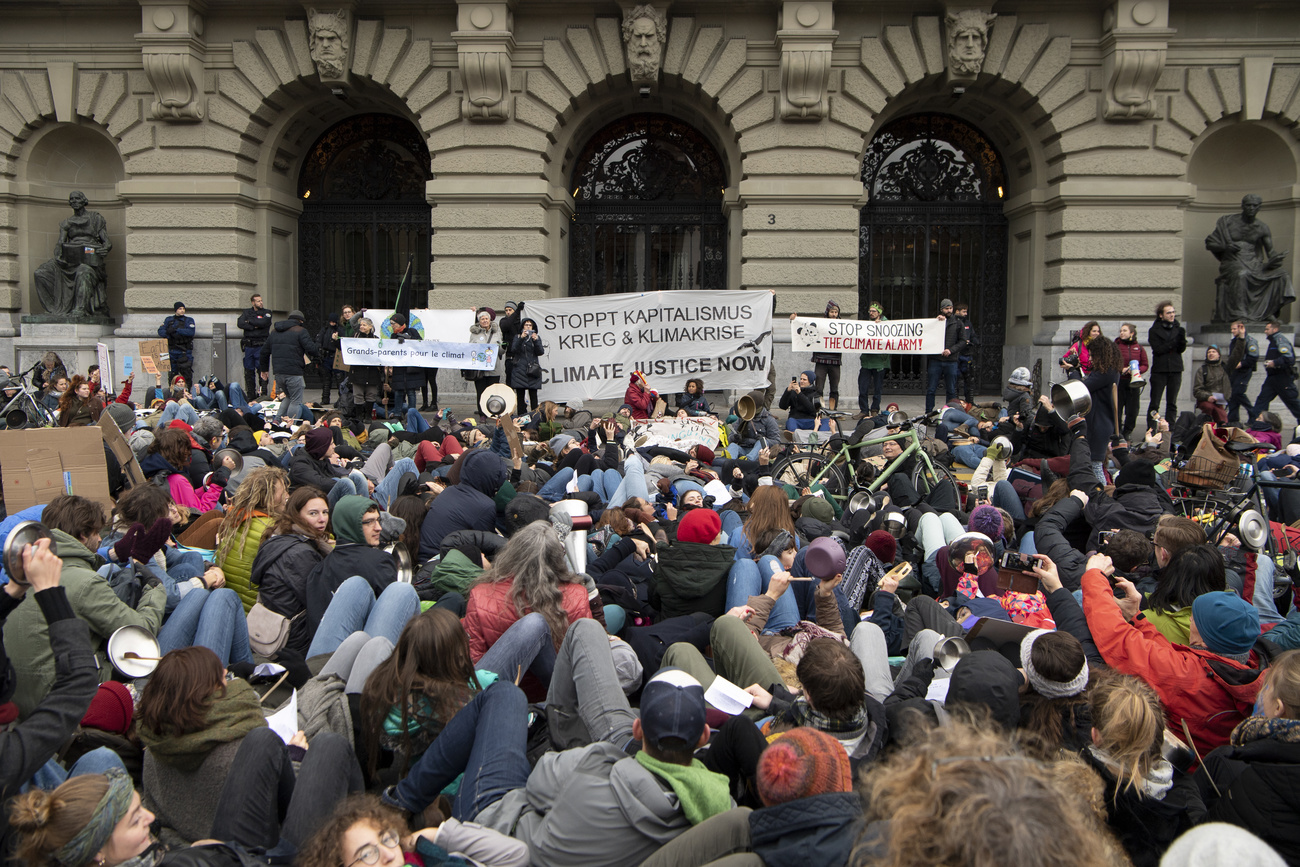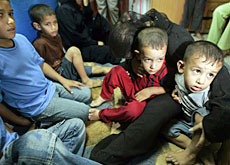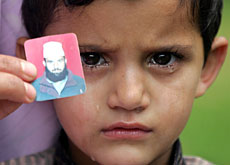
Red Cross urges better Palestinian access

The Red Cross has called for the full implementation of an accord allowing Palestinian Red Crescent ambulances to move freely in Palestinian territory.
Delegates at the 30th International Conference of the Red Cross and Red Crescent in Geneva also backed an ambitious aid agenda for the next four years, agreeing to tackle burning issues from climate change to migration.
Some 1,500 Red Cross and government officials, wrapping up the weeklong conference agreed to closely monitor the deal between the Israeli relief organisation Magen David Adom (MDA) and the Palestinian Red Crescent (PRC).
“It’s a very good result and a positive sign that indicates a rapid application of the agreement between the two societies,” said Philippe Spoerri, the ICRC’s director of international law, on Friday.
The two emergency services signed a memorandum of understanding in November 2005, pledging cooperation to improve access to conflict victims, but it has not been fully implemented amid security concerns.
The deal called for Palestinian ambulances to be helped in humanitarian work, by easing their passage through checkpoints, between the Gaza Strip and West Bank or to Israeli hospitals, and their stationing in places including Jerusalem.
Red Cross officials said on Friday five Palestinian ambulances had entered service for the first time in East Jerusalem, following an agreement between the Israeli authorities and the PRC.
The United States immediately welcomed the news saying it hoped that its “cooperative spirit” would continue.
“Everyone supported the work of the national societies but pressed for quicker implementation and set a strict agenda. Hopefully, we will be able to report full implementation by May next year,” Spoerri told swissinfo.
The deal signed two years ago paved the way for the MDA and PRC to join the world Red Cross movement in June 2006 after lengthy and arduous negotiations. In return for being allowed to join, Israel had to acknowledge the PRC as the internationally recognised emergency service within the occupied territory.
Rallying calls
A new humanitarian agenda was also endorsed at the meeting, but officials warned the road ahead would be difficult.
“It is up to us, all of us, to move forward from words to actions,” said conference chairwoman Mandisa Kalako-Williams.
The Geneva conference ended with a rallying call to intensify efforts to combat climate change.
“We waited too long to mobilise against Aids. We want to avoid this error happening again in the fight against the effects of climate change,” pointed out Kalako-Williams.
Markku Niskala, secretary-general of the International Federation of Red Cross and Red Crescent Societies, said the world’s largest disaster relief network was ready to work with governments and others to stem the effects of climate change.
“It is the most vulnerable people in the world who are suffering most. From our experience, the investment in disaster preparedness and adaptation to climate change have not been sufficient so far,” Niskala added.
He warned that the current figure of 900 natural disasters had increased by 25 per cent since last year.
The delegates also committed to assist people made vulnerable by migration and human trafficking and exploitation, “whatever their legal status”.
The Red Cross movement also intends to step up its fight against the growing threat of HIV, tuberculosis and malaria by strengthening health systems and developing national health plans, especially at the community level.
swissinfo, Simon Bradley in Geneva

More
International Committee of the Red Cross
The 30th International Conference of the Red Cross and Red Crescent took place in Geneva from November 26-30.
This year’s meeting focused on four main humanitarian challenges facing the Red Cross movement: international migration, violence in urban settings, emerging and re-emerging diseases, and environmental issues such as climate change.
The conference brought together 1,500 delegates from the Swiss-run International Committee of the Red Cross (ICRC), the International Federation, all 186 national Red Cross and Red Crescent societies and 194 states parties to the Geneva Conventions.
Seven countries including Canada, the United States and Britain agreed to join a new ICRC initiative to ensure the safety of journalists in war zones that was launched at the conference.
France, Germany, Australia and Denmark also committed themselves to accept a new nonbinding accord on protecting correspondents in line with the Geneva Conventions on the conduct of warfare
Under the pledge, countries promise to educate their soldiers and security forces in international humanitarian law. The agreement also asks them to preserve media independence and act against those who seriously violate the rights of journalists.
Media rights campaigners lamented that so few of the 194 signatories to the Geneva Conventions have taken the opportunity to reaffirm their commitment to protecting journalists.
This year, at least 60 journalists have been killed on the job, compared with 56 during all of last year, according to the Committee to Protect Journalists.

In compliance with the JTI standards
More: SWI swissinfo.ch certified by the Journalism Trust Initiative









































You can find an overview of ongoing debates with our journalists here . Please join us!
If you want to start a conversation about a topic raised in this article or want to report factual errors, email us at english@swissinfo.ch.